How does London’s political year look for 2024?
- Published
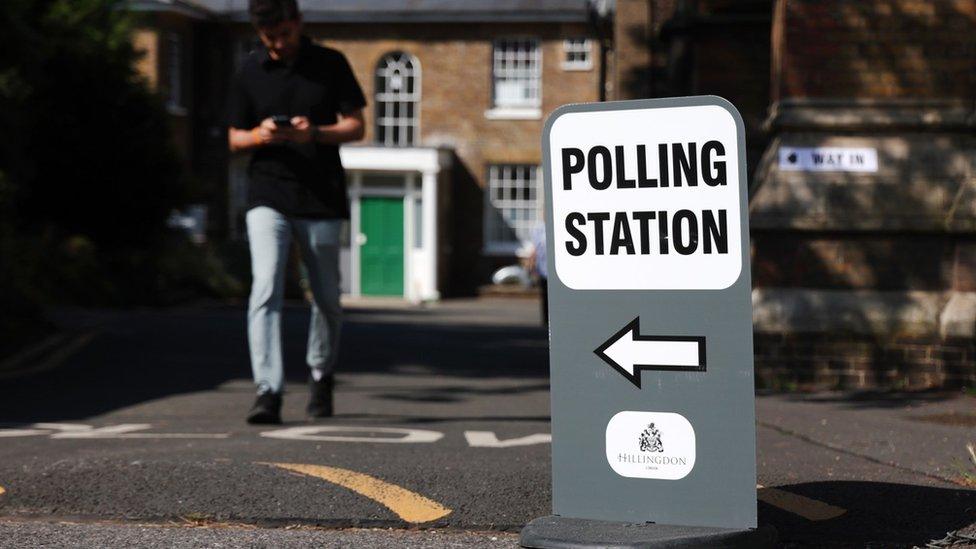
There could be at least three elections in London next year
As election years go, 2024 is likely to be a ballot bonanza in London.
There are the ones we know will definitely happen during the year: the elections for the mayor of London and for the 25 members of the London Assembly, which will take place simultaneously on 2 May.
Then there is the great unknown: the date, still to be announced, when the government will call a general election.
Whenever that does happen, London will end up with two more MPs representing it in Parliament than it has now.
That's because electoral boundary changes, which aim to ensure that all constituencies are about the same population size, have increased the number of parliamentary seats in London to 75. At the moment, we have 73 MPs across the capital.
The current political make-up in London is 46 Labour MPs, 20 Conservative MPs and three Liberal Democrat MPs. There are also four MPs currently sitting as independents because they no longer have the whip, meaning they are effectively suspended from their political parties. They also can't stand for those political parties at the next general election unless they are readmitted.
In London, the Independent MPs are Islington North's Jeremy Corbyn, Diane Abbott in Hackney North & Stoke Newington and Enfield Southgate's Bambos Charalambous, who were all suspended by the Labour Party for different reasons. There is also the Beckenham MP, Bob Stewart, who surrendered the Conservative whip after a conviction that he is appealing against. He has said he will step down at the next election.
With regard to the former Labour leader Jeremy Corbyn, it's still unclear whether he will try to run as an independent against whoever Labour selects to stand for the Islington North seat. Or, if he might turn his attention to the biggest of London's political roles, which brings me back to the election for the mayor of London.
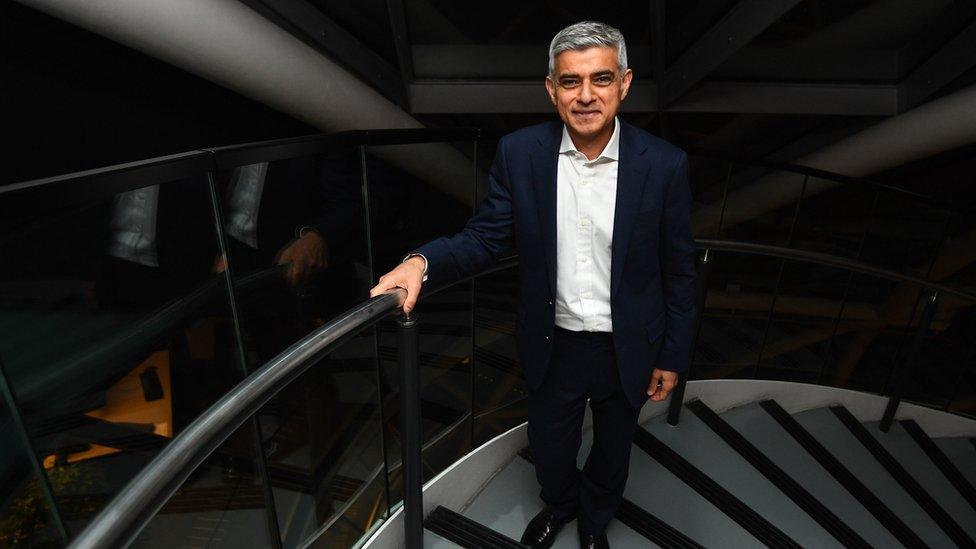
Current Labour Mayor of London Sadiq Khan is hoping to win the London mayoral election for the third time
The incumbent, Sadiq Khan, is in the race again for Labour. Mr Khan, who is London's third mayor since the post was created, is hoping three might be his lucky number as he seeks to win an historic third term.
Labour's Ken Livingstone and Conservative Boris Johnson, before Mr Khan, only served two terms each as London mayor.
The Conservative mayoral candidate this time is London Assembly member Susan Hall, who is hoping to take Mr Khan's crown. The Tories have come second in the London mayoral race at the last two times of asking, although they did lose by less than expected in 2021.
The Greens, who came third last time, are putting up Hackney councillor Zoë Garbett, while the Liberal Democrat candidate is Rob Blackie.
Nevertheless, there are already more candidates than that in the running and no doubt a number of others still to declare. You can find a list that will be updated as more candidates put themselves forward here.
Back in 2021 when the last London mayoral election was held a year late due to the outbreak of the Covid pandemic, 20 candidates ran for the role - a record number - so prepare yourselves for a wide selection to choose from by the time we reach polling day.
This time around, key issues like the expansion of the Ultra Low Emission Zone (Ulez) to the whole of London, concern over the scale of knife crime, trust in the Metropolitan Police, arguments about house building, Transport for London funding and fares, and plans to raise the Greater London Authority bit of the council tax amid a cost of living crisis, are all likely to feature as the election campaign unfolds in earnest in 2024.
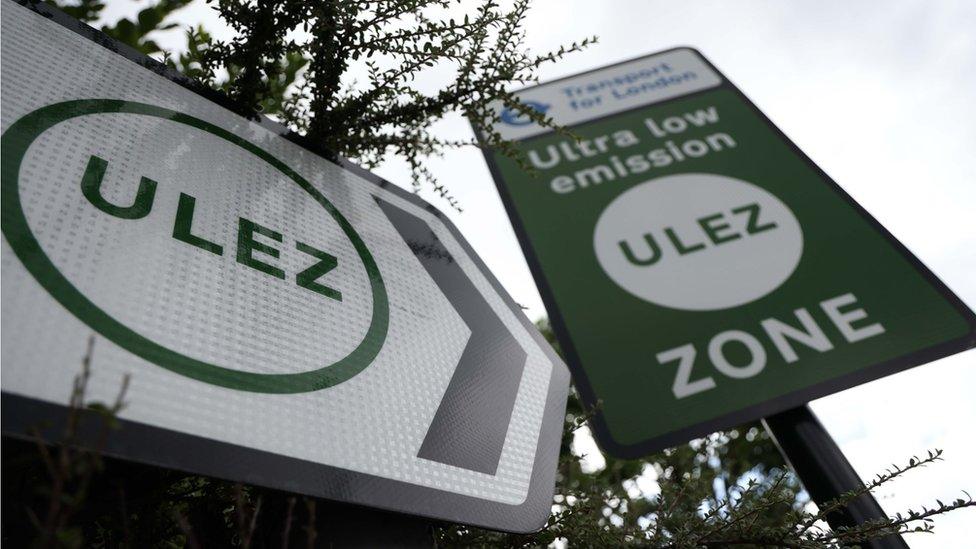
The expansion of the Ultra Low Emission Zone across London is likely to be a key issue in the mayoral election
Which brings me to how voters will choose the next mayor in May. This year it is going to be different because when Boris Johnson was prime minister he brought in a law that changed the voting system.
When the London mayoral system started more than two decades ago, Londoners were asked if they were in favour of the then-government's plans for a Greater London Authority with an elected mayor and Assembly. That plan included a preferential voting system to select the mayor, called the Supplementary Vote or SV, where every voter could choose a first choice candidate and second choice candidate on their ballot paper.
This meant that if no single candidate won more than 50% of the vote share in the first preference round then the top two candidates would go into a run-off second round, in which second preference votes for them from the eliminated candidates' ballot papers would be added on.
The Electoral Reform Act of 2022 has changed all of that.
As a result, at the next London mayoral election in 2024 the system will be switched to what's known as the First Past The Post voting system (FPTP) which is the same as the method used in general elections to elect MPs. In this system, voters get just one choice of candidate and the winner takes all.
Under the former SV system, some voters had got used to the idea of voting with their hearts on first preference (perhaps for the candidate they liked best) and voting with their heads on second preference (perhaps for the candidate they thought had a better chance of winning). The change to FPTP removes that option as voters will only be able to vote for one candidate at the next mayoral election.
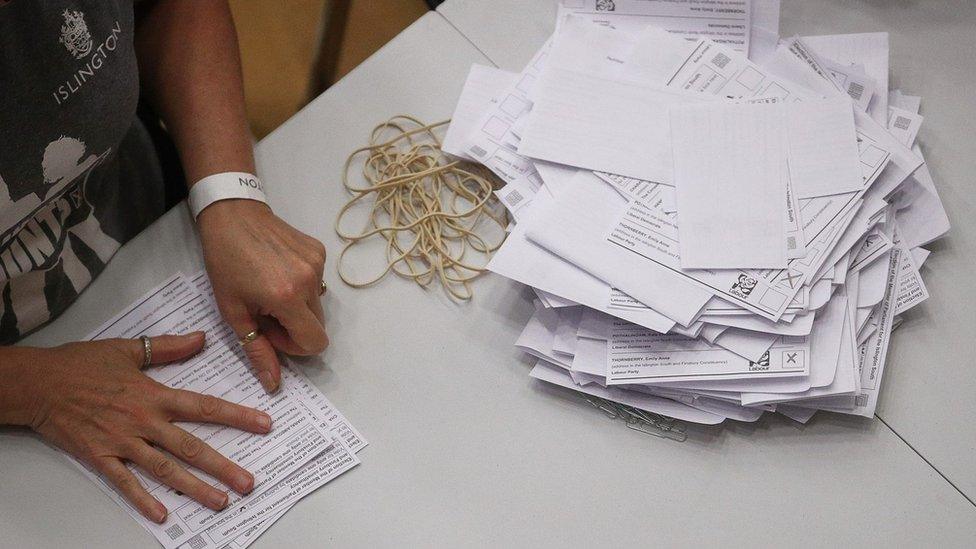
The voting system used for the next mayoral election has changed
Critics of the FPTP system say it will it will reduce democratic choice for voters, and that it will disadvantage candidates who represent smaller parties or independent candidates, because voters might be less likely to take a chance on an outsider if they only have one vote.
The Labour Party has accused the Conservatives of changing the system to try to improve their chances at the next London mayoral election and are concerned that many voters do not yet know about the change.
But the Conservatives said they changed it to FPTP because they claimed the Supplementary Vote system had been over-complicated and caused confusion for voters.
Either way, just remember that as a voter in the London mayoral election in 2024, you will only be able to choose one candidate on your ballot paper.
The way you will vote for London Assembly members - who are the people who hold the mayor to account - is not changing, however, and will be carried out in the usual way under what is known as the Additional Member system where voters vote once for a constituency member, and once for a London-wide representative on the Assembly.
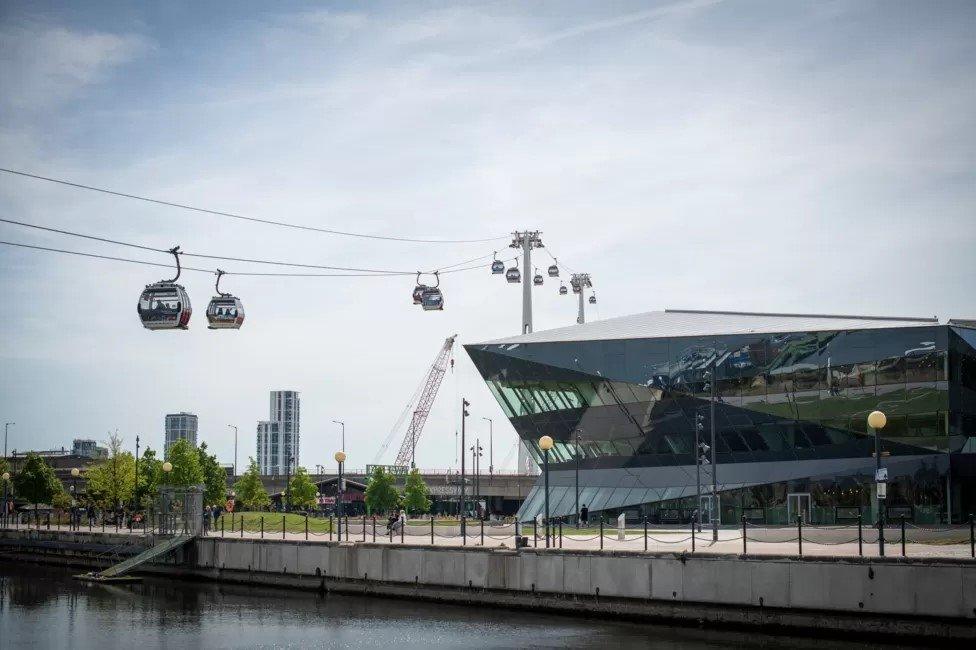
The London mayoral election will take place on 2 May 2024
And finally, another change that voters need to be ready for is Voter ID. If you want to vote at a polling station you are now legally required to show staff your photo identification, for example a passport, driving licence or freedom pass. There is long list of acceptable ID here, external.
If you do not have photo ID, you can apply in advance for what's known as a Voter Authority Certificate, external.
Without photo identification you will be turned away on polling day for the London mayoral and London Assembly elections as well as for the general election, whenever that is.
Farewell until 2024 one and all… it's going to be a busy one.

Listen to the best of BBC Radio London on Sounds and follow BBC London on Facebook, external, X, external and Instagram, external. Send your story ideas to hello.bbclondon@bbc.co.uk, external
Related topics
- Published2 April 2024